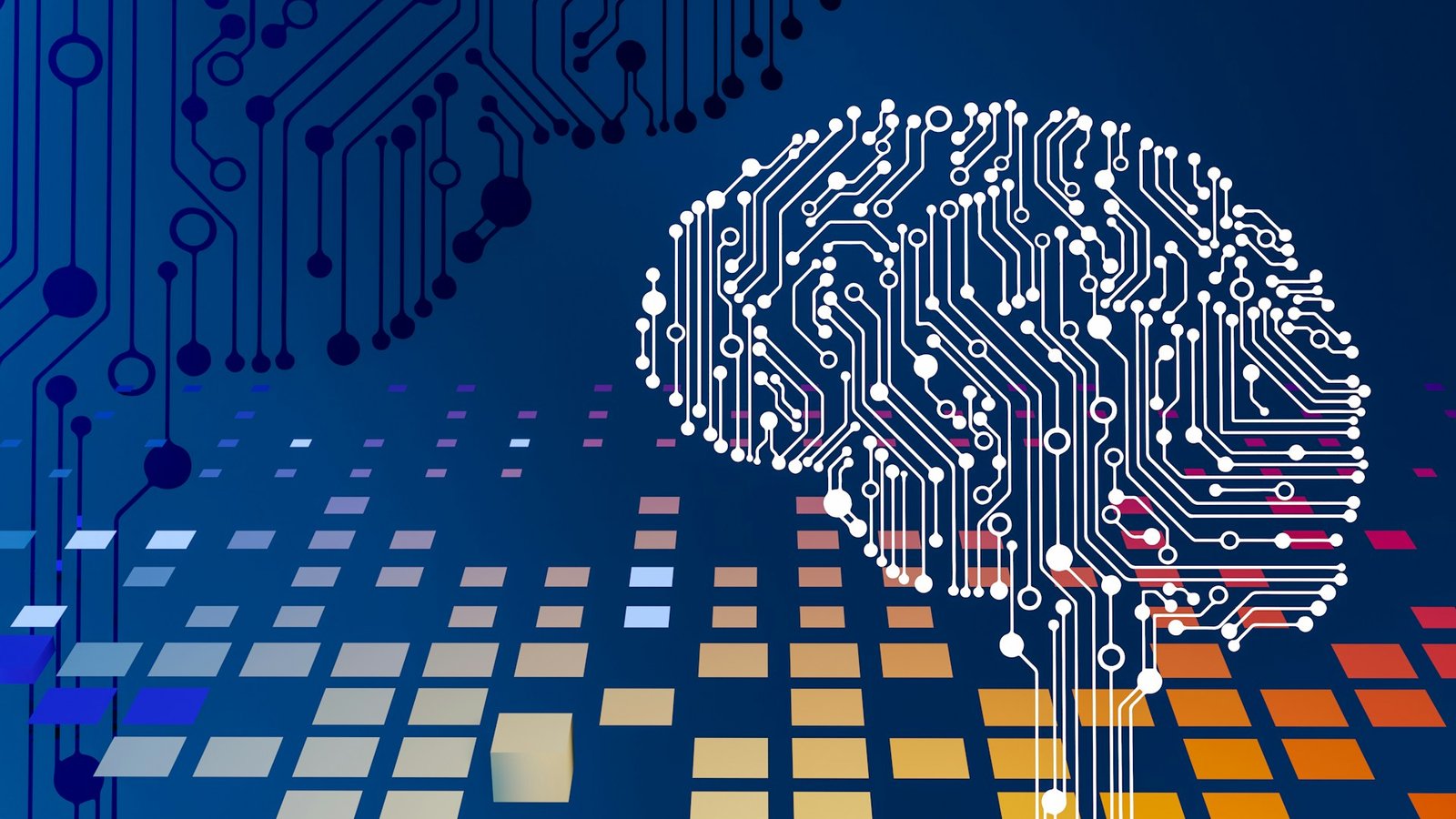Key Takeaways:
Delve into AI’s transformative impact on healthcare and its potential to improve service efficiency and accuracy.
– Address the crucial ethical concerns surrounding patient data privacy and the strategies to safeguard it.
– Discuss the accountability conundrums presented by AI recommendations in patient treatment plans.
– Explore the efforts to mitigate biases in AI algorithms to ensure equitable healthcare.
– Review the necessity of ethical frameworks and continuous education to integrate AI in healthcare successfully.
Table of Contents:
- The Emergence of AI in Healthcare
- AI Decision-Making: Who Is Responsible?
- Bridging the AI Divide: Ensuring Global Access to Healthcare Innovations
- AI’s Role in Public Health Emergencies
- Ethical Frameworks for AI in Medicine
- Patient Involvement in AI Healthcare Solutions
- The Future of AI in Healthcare: Predictions and Potential
- Keeping Pace with Technology: Continuing Education for Healthcare Professionals
The Emergence of AI in Healthcare
The rapid integration of artificial intelligence (AI) into healthcare settings has been nothing short of revolutionary. This powerful technology has redefined traditional models, prominently featuring in various aspects of medical care, from patient records management to complex diagnostic procedures and personalized medicine approaches. The ubiquity of AI in healthcare indicates its potential to significantly enhance service delivery, resulting in improved patient outcomes and streamlined workflows that can attend to the needs of patients with unprecedented speed and accuracy. Equipped with the capacity to process vast datasets, AI can identify invisible patterns to the human eye, paving the way for revolutionary breakthroughs in early disease detection and tailored treatment protocols.
However, this advancement comes with challenges, particularly regarding ethical considerations. The algorithms that power these AI systems need to handle sensitive personal health information with the utmost confidentiality while feeding on enormous amounts of data to provide reliable insights. Therefore, the pressing question remains: how can we reconcile the immense benefits of AI with the imperative to uphold patient trust and sharply defined ethical standards? The healthcare industry stands at this critical crossroads, necessitating a concerted effort to navigate the potential pitfalls presented by this emerging technology and secure its promise for future generations.
AI Decision-Making: Who Is Responsible?
AI systems offer sophisticated decision-support tools that have the potential to augment the medical decision-making process, presenting healthcare providers with nuanced analyses and treatment suggestions based on comprehensive data assessments. Yet, this reliance on AI-generated advice presents a unique set of ethical challenges centered around accountability for patient outcomes. Integrating AI into clinical decision-making blurs the lines of responsibility, particularly if the outcomes diverge from expectations. While AI can provide valuable insights, healthcare professionals must judiciously assess these recommendations, integrating them with their clinical expertise and the specific context of each patient’s situation.
Achieving clarity in the responsibility chain is paramount as the medical field leans increasingly towards AI-assisted practices. This involves complex ethical discourse and necessitates legal clarity to address liability concerns associated with AI advisories. As healthcare systems integrate AI more comprehensively, rigorous protocols and moral standards that articulate the roles and responsibilities of AI systems and the human professionals who interact with them will be indispensable.
Bridging the AI Divide: Ensuring Global Access to Healthcare Innovations
The benefits of AI in healthcare can improve lives around the globe; however, a stark disparity exists in access to these cutting-edge tools. Advanced healthcare systems in more affluent regions rapidly adopt AI technologies, while underserved communities and developing regions lag significantly behind. Bridging this digital divide is a matter of ethical urgency to avoid exacerbating health inequities. To promote the democratization of AI in healthcare, it is critical to foster partnerships between tech developers, international health organizations, and local governments to develop infrastructures that can support AI’s deployment in various contexts.
While there are formidable challenges, including the affordability and cultural adoption of AI tools, the efforts to level the playing field are on the rise, with an increasing number of initiatives aimed at training healthcare workers in low-resource settings and equipping them with AI tools adapted to their needs. The goal is not only to bring AI to every corner of the world but to do so in a way that appreciates and caters to the cultural, economic, and logistical nuances of different regions.
AI’s Role in Public Health Emergencies
The COVID-19 pandemic has brought to light AI’s critical role in managing public health emergencies. AI has proven invaluable in crisis response, from predicting infection hotspots to streamlining vaccine rollouts. The agility of AI systems in processing and interpreting vast amounts of data makes them ideally suited to support early warning systems and enhance the efficiency of public health responses. As AI’s capabilities evolve, so does our preparedness for potential health crises. Integrating AI into public health strategies offers an opportunity to transform reactive measures into proactive solutions, arming health authorities with powerful tools to anticipate and mitigate the impacts of future emergencies.
Ethical Frameworks for AI in Medicine
The proliferation of AI within healthcare systems necessitates the establishment of robust ethical frameworks to guide its deployment. Ethical considerations in AI usage must ensure its implementation aligns with the core medical values of beneficence, nonmaleficence, autonomy, and justice. To actualize these principles, diverse collaborators—ranging from technologists and clinicians to ethicists—must come together to articulate guidelines that address the nuanced ethical landscapes in which AI operates. These frameworks are essential in establishing a standard of care that preserves human dignity while embracing technological advancement.
Patient Involvement in AI Healthcare Solutions
Meaningful patient involvement is essential in shaping AI-assisted healthcare to be receptive to their needs, values, and preferences. Patient education on AI tools is vital as informed consent becomes more complex with the integration of these technologies. Transparent communication about the benefits and limitations of AI and the potential risks and safeguards is pivotal in enabling patients to make knowledgeable decisions regarding their care. By actively involving patients in the conversation about AI applications, healthcare providers can ensure that AI tools are used to respect patient autonomy and enhance rather than undermine the patient-provider relationship.
The Future of AI in Healthcare: Predictions and Potential
The trajectory of AI in healthcare points towards a future where its applications could dramatically reshape the healthcare landscape. Innovations on the horizon suggest that AI will be fundamental in realizing the next frontier in healthcare services, from offering remote patient monitoring systems to enhanced robotic surgeries and preventive medicine driven by predictive analytics. However, as we march towards this future, the healthcare community must remain anchored to the prime directive of promoting and protecting human health. In anticipating the rapid advancements of AI, proactive measures to prepare the workforce for integrating these technologies are crucial. By fostering an environment of lifelong learning and adaptation, healthcare providers can stay at the forefront of this evolution, ready to leverage the full potential of AI in the service of patient care.
Keeping Pace with Technology: Continuing Education for Healthcare Professionals
The rapidly evolving landscape of AI in healthcare necessitates a commitment to the ongoing education of medical professionals. As AI technologies become more entrenched in healthcare systems, understanding how to integrate these advancements into clinical practice effectively is paramount. Continuous learning and adaptation are required to keep pace with innovation and ensure healthcare professionals remain well-versed in the latest technological developments.




